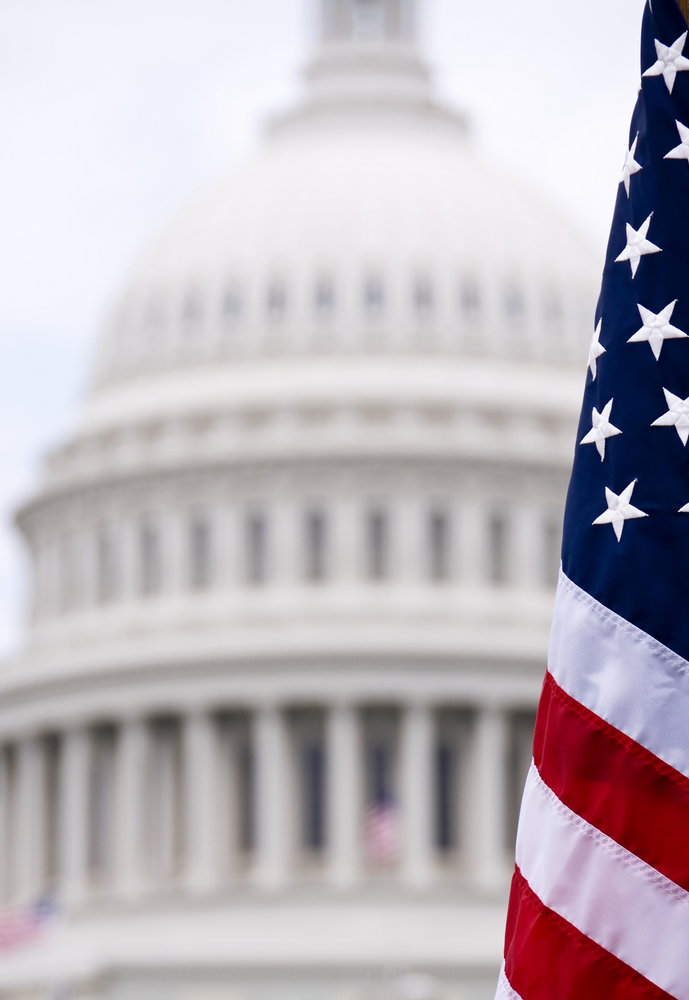Lobbying vs Advocacy
Lobbying is one form of advocacy, comprising efforts to influence specific legislation with legislators and their staff.
Advocacy covers a much broader range of activities such as influencing executive branch actions to implement the laws and public education.
One way of differentiating between the two terms is to understand that lobbying always involves advocacy but advocacy does not necessarily involve lobbying.
How we currently advocate
Our Focus
Provide resources, toolkits, and trainings for members
Research-based content submission
Campaign, e.g., write op-eds, run social media campaigns
Write position and policy statements
Participate in coalitions (ACE; WHES)
Meet with government officials
Participate in and organize public sessions
Letter and position statement sign-ons
Not Our Focus
Lobby and work to pass legislation
Set up meetings with government officials for members
Organize and lead coalitions
NACE Advocacy Committee
The Advocacy Advisory Committee takes the lead in identifying core issues for the profession; educates members regarding legislative and/or regulatory matters that may impact the profession; and advocates before governmental officials and the public for outcomes that best support the interests of NACE members and the profession. This includes issues of equity and inclusion in higher education, the workplace, and workforce development.
The Advocacy Advisory Committee considers issues of importance and advises on such issues to the membership. The committee ensures the association is appropriately representing the membership in legislative affairs and determines appropriate ways to communicate on behalf of and to the membership. Where needed, the committee will evaluate, and if appropriate, recommend positions and/or action on significant unanticipated issues brought by the membership.
Process & Proceedings
- Monthly meetings
- Written and oral public policy updates are provided during each meeting
- Deep dive discussions related to public policy issues
- Advocacy Action Team to deliberate and weigh in on NACE's response to sign-ons
NACE Policy Priorities
Learn more about NACE's advocacy priorities for higher ed and employment policies, legislation, and regulations.
Career Development and Readiness
Ensuring career services and career development programs across education and workforce systems. This includes the integration of career readiness in educational curricula, co-curricular activities and through workforce development and talent management programs.
Skills-Based Education and Hiring
Building educational experiences, training programs, and hiring practices that emphasize skills building and knowledge acquisition that are practical and transferable, including competency development, articulation and assessment.
Experiential Education and Learning
Promoting and expanding experiential learning opportunities to provide for career exploration and to meet the demands of the labor market. This includes expanded work-based learning programs, paid internships, practicums, apprenticeships, project-based learning, credential obtainment, and continued education.
Global Talent
Expanding pathways and opportunities for global talent to participate in and contribute to our education-to-work pipelines.
Affordable Education
Ensuring that post-secondary education and training is accessible and affordable for all learners.
NACE Position Statements
-
NACE Responds to U.S. Department of Education’s Announcement of Plan to Drop College Ratings
On June 25, the Department of Education (DOE) announced it was dropping its plan to compare or “rate” colleges.
-
Perspectives on the New College Scorecard
On September 12, 2015, the Department of Education (DOE) issued its long-awaited update for the College Scorecard.
-
NACE Leaders Discuss STEM OPT, HEA, Career Readiness in D.C.
On January 20, 2016, NACE leaders met with representatives from NAFSA and AASCU to discuss STEM OPT, reauthorization of HEA, and career readiness.
-
NACE Supports Proposed Rules: STEM OPT
In November 2015, NACE joined with NAFSA and 10 other higher education associations to provide comments regarding DHS’s proposed rules for STEM OPT. While largely supportive, the comments also offered some recommendations for adjustments to the proposed rules.
-
NACE Briefs Hill Staff on Career Readiness, First Destination
NACE staff and volunteer leaders brief public policy makers, legislative and executive department staff, and leaders from higher education associations on the NACE Career Readiness and First-Destination initiatives.
-
NACE Staff Present First-Destination Survey Processes, Results at 2016 AIR Forum
NACE staff members Edwin Koc and Matthew Brink presented on the NACE First-Destination Survey initiative to members of the Association for Institutional Research (AIR) at the AIR Forum 2016 in May. Processes for collecting and reporting data, implementation, and preliminary outcomes for the Class of 2015 are among the items shared at the presentations. The forum draws approximately 2,000 AIR members.
-
NACE Staff Discuss Career ReadinessWith Higher Ed Association Leaders
NACE staff members Matthew Brink and Ed Koc discussed career readiness with leaders from two higher education associations in April 2016.
-
NACE Comments on Higher Education Act
In August 2013, in response to the request for comments about the reauthorization of the Higher Education Act (HEA), NACE provided its observations and perspectives to the Education and Workforce Committee of the U.S. House of Representatives.
-
NACE Provides Senate HELP Committee With Comments on Higher Education Affordability Act
In August 2014, NACE Executive Director Marilyn Mackes provided comments to the U.S. Senate Committee on Health, Education, Labor, and Pensions regarding the Higher Education Affordability Act.
-
NACE Response to DOE on New System of College Ratings
In February 2015, NACE responded the Department of Education’s call for comments on the DOE’s new system of college ratings.
